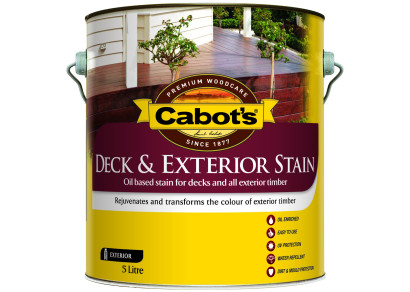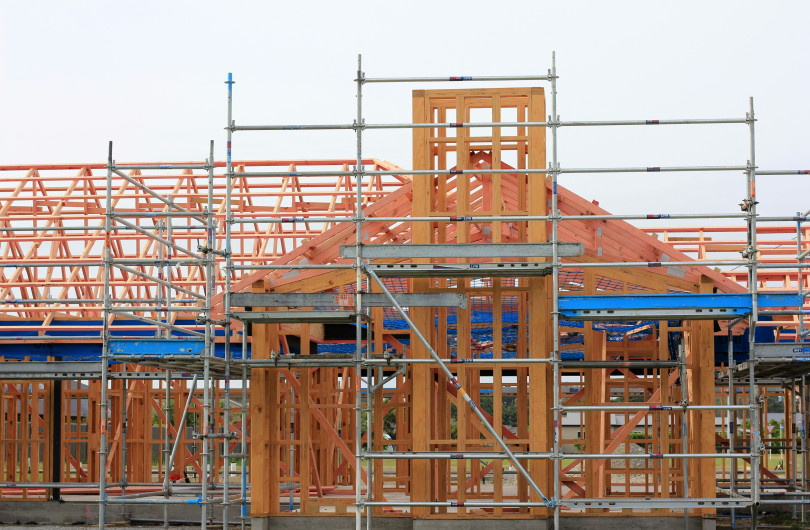Mediation and self-resolution: Mediation is a common approach in Aotearoa New Zealand. It involves bringing disputing parties together to discuss their concerns and find mutually acceptable solutions. As an LBP, consider suggesting mediation when faced with disagreements related to building work.
Consumer rights: If you’re dealing with consumer-related disputes, understanding consumer rights is essential. Encourage clients to understand and assert their rights and seek fair outcomes.
Formal complaints, arbitration, and adjudication: In more complex cases, formal complaints, arbitration, or adjudication may be necessary. These processes provide structured ways to address disagreements and reach decisions.
Disputes tribunal and courts: When other methods fail, the Disputes Tribunal or courts become relevant. These legal avenues allow parties to present evidence and seek binding resolutions.
Determinations: A determination allows the Ministry of Business, Innovation and Employment (MBIE) to thoroughly review and consider the facts and make a legally binding decision. As an LBP, you can apply for a determination, and you can participate in someone else’s determination if you were involved in the disputed project.
Remember, choosing the right approach depends on the specific circumstances. Prioritise effective communication and collaboration to achieve satisfactory outcomes in building-related disputes.
Using determinations wisely: when to apply and when not to
Understanding when to use a determination is essential. Here are some key points to consider:
Disagreements with authorities: You can apply for a determination if you disagree with a decision made by a building consent authority or territorial authority under the Building Act or Building Code. For instance, if you receive a notice to fix or if the authority refuses to issue a building consent, code compliance certificate, or certificate of acceptance, a determination may be appropriate.
Not a mediation service: While determinations are increasingly sought after due to communication breakdowns, they are not a mediation service. Parties unable to communicate professionally should seek other avenues for resolution.
Limitations of Determinations:
Resource Management Act: Determinations cannot address matters related to the Resource Management Act (except under Section 224(f), which pertains to specific subdivisions).
Contractual disputes, damages, and liability: Determinations do not cover contractual disputes, nor do they attribute liability nor award damages.
Council decisions: Determinations are not intended as an alternative pathway for decisions made by councils. However, a determination can confirm, reverse, or modify decisions made by council.
Workmanship disputes: Determinations are not suitable for disputes related to workmanship. Workmanship disputes may be resolvable under the Construction Contracts Act 2002.
Complex or technical matters: Determinations commonly deal with complex or technical issues. The information given by parties to the dispute is assessed and the relevant regulations applied to the facts. The outcome is a legally binding decision. For example, a determination might uphold, reverse, or modify a council’s decision, such as refusing to issue a building consent, or determine whether building work is compliant.
Remember, choosing the right approach depends on the specifics of each situation. As professionals, you play a crucial role in ensuring fair and effective dispute resolution in the construction industry.
Navigating disputes: determinations and effective resolution
Understanding the right steps in dispute resolution is crucial. Here’s what you need to know:
Prioritise practical solutions: Before seeking a formal determination, consider practical approaches to address routine complications and standard issues. Initiate with direct problem-solving methods and consult authoritative resources and precedents that offer guidance on comparable matters.
Check the facts: Gather accurate information.
Effective communication: Engage in clear, respectful communication with everyone involved.
Written agreements: Document any agreements in writing.
Mediation: When communication breaks down, consider mediation. An independent third party will assess the situation and helps people come to an agreement. It’s a constructive way to find common ground.
Code of ethics: As an LBP, adhere to your professional code of ethics. Act in good faith during dispute resolution, maintaining professionalism throughout the process.
Remember, choosing the right path depends on the specifics of each situation. Prioritise effective communication and ethical behaviour to achieve fair outcomes in building-related disputes.
A determination example
A previous determination addressed an authority's decision to grant a minor variation for the substitution of external wall cladding. The matter to be determined was whether the change in cladding required a formal amendment to the building consent and a new or amended certificate of design work.
The LBP who designed the plans argued for the necessity of accurate building consent documentation to reflect the actual construction, including any changes to the cladding system. They believed the authority significantly deviated from the approved consent, requiring revised plans and an amended certificate of design work.
The LBP responsible for the building work viewed the substituted cladding systems as nearly identical, suggesting minor differences did not warrant a formal amendment.
The authority processed the cladding change as a minor variation without a formal amendment application, asserting that the designer's certificate of design work remained applicable for the original consent. The authority maintained that minor variations could be documented and added to the building file, transferring responsibility for compliance of restricted building work to the authority post-consent.
The determination concluded that the application for a minor variation did not meet the requirements of sections 45 and 45A of the Building Act 2004, as it lacked a new or amended certificate of design work from an LBP with the appropriate design license. Consequently, the authority's decision to grant the minor variation was reversed.
Using previous determinations as a resource
If you are considering a determination, it is worth looking through previous determinations about similar disputes. Finding a previous determination that has considered a similar issue may help you resolve your differences without having to go through the whole process. However, it is important to note that determinations aren’t bound by decisions made in previous determinations, and two similar cases can have different outcomes as MBIE considers the unique circumstances of each case.
Previous determinations can also be a helpful resource when LBPs are unsure about a specific area of the Building Code or Building Act.
For more information on determinations, visit: www.building.govt.nz/determinations
Quiz
1. What is a determination?
a. A decision in respect of consumer-related disputes
b. It allows MBIE to thoroughly review and consider the facts and make a legally binding decision
c. Something carried out by a Disputes Tribunal
d. It brings the disputing parties together to discuss their concerns and finds mutually acceptable solutions
2. When can determinations be used?
a. For Resource Management Act matters
b. To decide on contractual disputes, damages, and liability claims
c. For disagreements with building consent authorities or territorial authorities
d. For workmanship disputes
3. Can a determination reverse a council’s decision
a. No
b. Yes
Note: Make sure you keep a note of any LBP Skills Maintenance articles that you read on EBOSS or anywhere else outside of the LBP portal. You'll need to include them when you submit your skills maintenance record.
Quiz answers:
1. b. It allows MBIE to thoroughly review and consider the facts and make a legally binding decision
2. c — For disagreements with building consent authorities or territorial authorities
3. Yes




























 Most Popular
Most Popular Popular Products
Popular Products



